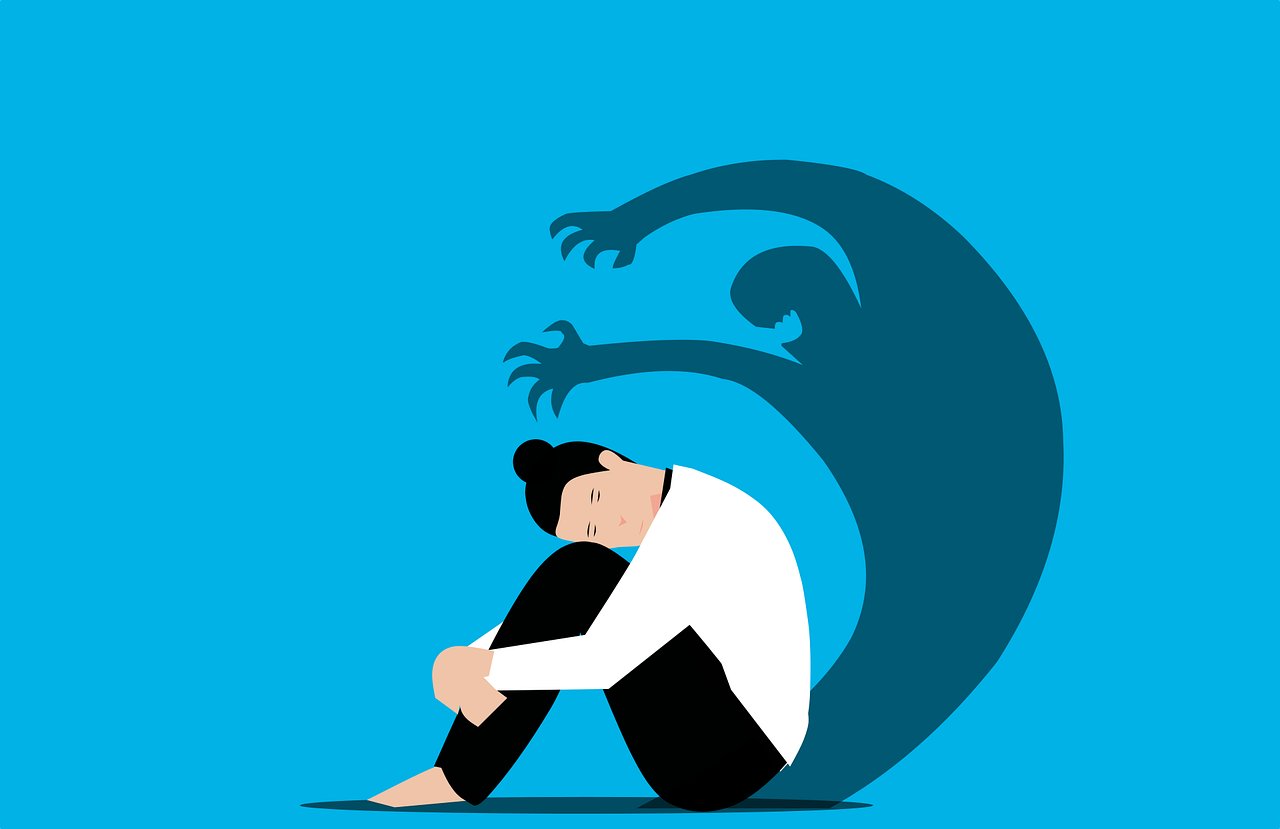The last couple of years have been stressful, and not knowing when or maybe I should say if this pandemic will ever go away has caused ever greater stress. A recent research study in the Journal of Clinical Medicine entitled, Anxiety in Older Adolescents at the Time of COVID-19 (September 2020) has demonstrated higher than usual symptoms leading to severe psychological, emotional, social, and relationship concerns. It should also be noted that teens are affected with higher rates of anxiety, with nearly 1 in 3 teens meeting the criteria for an Anxiety Disorder.
Fear is the emotion that trumps all emotions, and it sets the alarms off in our brain to take some action to protect ourselves. When that happens, we are in the “Fight, Flight or Freeze” response in our brains. When this occurs, the brain releases a ton of neurochemicals which includes hormones like adrenaline and noradrenaline, increased blood pressure, and breathing rates (increased oxygen), all to single your body at least temporary to make you more powerful, stronger, faster, more cognitively aware so you can keep yourself alive by fighting or fleeing. Our brains want us to thrive, and thus sometimes, our brain becomes overprotective. Anxiety is a normal response to the pandemic, fear, social isolation, and the virus itself. The pandemic has enforced physical distancing, isolation, less direct communication, and unpredictability. If you haven’t noticed, we humans love some consistency.
If we think about being a teen and the developmental stages, it’s the teen’s job, if you will; to try on new social groups, values, big emotional responses, pushing away from parents (just a bit) to determine who they are, future planning and brain growth.
The pandemic stopped the “normal flow” of being a teen.
According to an article in Penn State Social Research, Teens and Anxiety During COVID 19. 79% of teens reported not seeing friends or family in person has been the most harmful consequence of COVID. Additionally, higher rates of anxiety, negative self-talk, blame, and physical symptoms have also been reported.
Parents weren’t immune to pandemic stress; they too had to overcome pandemic anxiety and balance increased childcare needs due to school closures and financial and other health concerns. Single parents had it particularly hard as resources dried up.
There is some good news; teens got more sleep during the pandemic, with a 14% increase in sleep overall. We turned to social media to help stay connected, and while it can’t give you a hug, we could stay connected. Many families could try new hobbies like gardening, bike riding, or cooking together. New activities make our brains happy and decrease stress.
Tools to Learn
Have you ever heard of Mindfulness? This tool helps decrease anxiety by helping us remain in the present and not thinking of all the “what ifs” of the future. Feeling the feeling or sensation of your body and just noticing what is happening. No judgment, just notice. It’s being gentle with you.
Jamie D. Roberts, LMFT, in her new book Mindfulness for Teen Anxiety, Describes “Noticing The Neutral” Since our brains are hardwired to find the negative, we must teach our brains to identify other thoughts too. She describes a quick 10-minute exercise you just notice what you’re thinking about. Are these The are main points include.
1. Pause what you are thinking and review the day you had.
2. Notice any interactions or moments that stand out. Set them aside in your mind.
3. What occurred in between those moments? Consider the mundane and typical daily activities that do not bring up extreme feelings (either positive or negative)
Examples:
Your phone is 50% charged
Your sibling is sitting next to you
You don’t have homework
4. Are there moments that happen daily or regularly? Make a note of it?
5. If you can’t think of something, pay close attention through tomorrow and try the exercise again tomorrow.
Bottom-line, the more time we pay attention to the “okay moments,” the more we will notice that life is not all bad.
Other activities to decrease anxiety include physical exercise, laughing, finding a great movie, or spending time with friends; laughing is a physical release so exercise that funny bone, eating healthy, learning something new, and journaling have proven to help reduce anxiety.
If anxiety still is overpowering, call us at CCS Education and Wellness to help. (951) 742-7435


